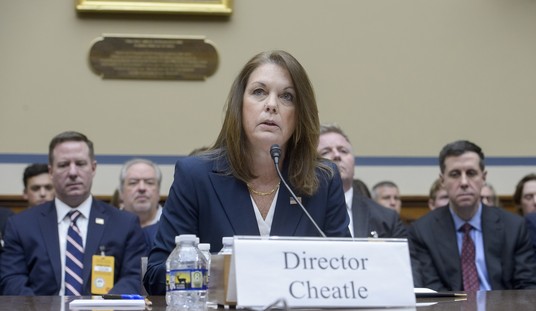Every year, millions of patients across the country receive eye-popping medical bills in the mail days or even weeks after being discharged from the emergency room. Even if hospitals are “in-network” for patients, attending physicians are often out-of-network and require patients pay for procedures. While everyone involved—patients, providers, and insurers—wants to see an end to surprise medical billing, Congress did the right thing in not pushing through a faulty proposal just for the sake of getting the job done. Patients deserve more than a half-baked “solution” that would endanger access to care and affordability.
President Trump has rightly singled out that the surprise billing issue needs to be resolved to protect Americans from financial ruin. However, the President should take a more active role in negotiating a fair, market-based solution. As an outspoken supporter of rural America—as well as a successful businessman—President Trump should oppose the government rate-setting model being pushed by lawmakers such as Sen. Lamar Alexander (R-Tenn.) and Rep. Frank Pallone (D-N.J.).
In particular, Sen. Alexander’s approach is similar to a law liberal lawmakers in California passed implementing a flawed approach called “benchmarking.” Essentially, benchmarking at the federal level would give the government authority to set arbitrarily low rates for physicians providing out-of-network care by tying payments to insurers’ deeply discounted in-network averages. In doing so, large, subsidized insurance companies would be handed yet another government-sanctioned advantage—not only in determining out-of-network payments, but also in contract negotiations with physicians.
In fact, according to a survey by the California Medical Association (CMA), 88 percent of California doctors say their state’s law has “allowed insurers to shrink physician networks, decreasing patient access to in-network physicians in their community.” Also, 92 percent of surveyed physicians reported that the law reduced their ability to fairly negotiate contracts with insurers. Nearly the same amount agree that, if Congress passes a law similar to California’s, it will “accelerate the consolidation of independent physician practices into larger hospital systems.”
Recommended
And, according to CMA, after California’s failing law was enacted, patient complaints about access to care have increased by nearly 50 percent. The organization also reports that the law emboldened the state’s largest insurer to slash rates for OBGYN obstetric care by 20 percent and anesthesiologists providing support for women’s labor and delivery epidurals (among other procedures) by 45 percent. These cuts have and will continue to have a direct impact on the quality and availability of care for particularly vulnerable patients—especially in rural communities where healthcare access is already a major cause for concern.
Diminishing access for patients will only drive up prices, an outcome diametrically opposed to the purpose of surprise medical billing legislation. That is precisely why Congress should work toward—and the President should push for—a more market-based approach to solving the problem of surprise medical billing. Such an approach can be found in other state-level legislation passed in states like Florida and Texas, through a system known as Independent Dispute Resolution, or IDR.
An IDR-focused approach would see insurers and providers negotiating out-of-network rates through an open, transparent process. Each side would submit their best offers for payment and, ultimately, a third-party mediator would determine the final rate based on these offers and a number of other factors that influence the cost of providing clinical care.
IDR ensures that rates are fair for both sides by establishing prices that reflect the true market value of out-of-network services and maintaining a level playing field between doctors and insurance companies. This conservative, free-market solution has been a resounding success in New York, where it has helped reduce out-of-network rates by 34 percent and decrease emergency room costs by 9 percent.
If President Trump truly wants to end surprise medical billing, he should push members of Congress to support and incorporate a robust IDR process into any legislation it sends to his desk. Ultimately, IDR is the only way to fix this problem without subjecting Americans—particularly those living in rural communities—to the devastating impact California’s law has had on healthcare access.
The stakes are simply too high to adopt a failed “solution” that further enriches insurers while leaving patients by the wayside.
Ross Marchand is the director of policy for the Taxpayers Protection Alliance.

























Join the conversation as a VIP Member